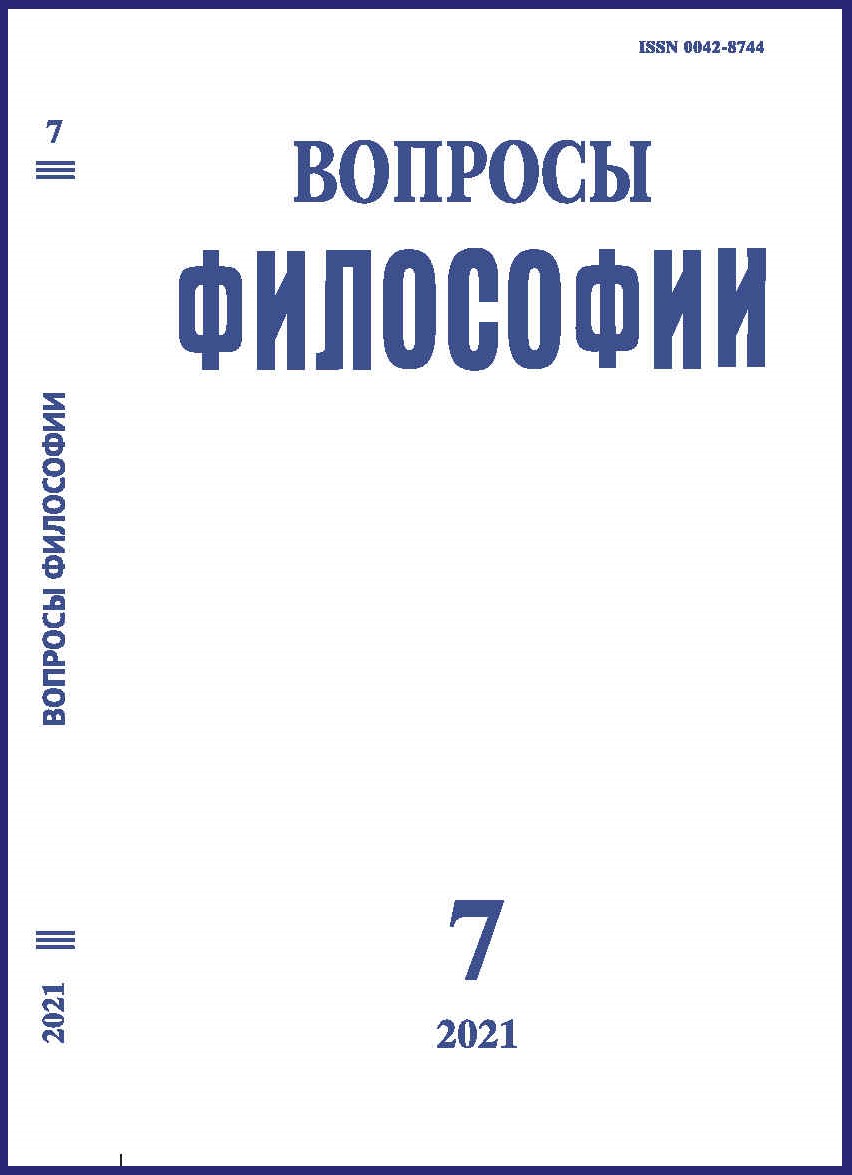Islamic Scientific Tradition and European Thought
DOI:
https://doi.org/10.21146/0042-8744-2021-7-72-82Keywords:
Islam, scientific tradition, Islamization of knowledge, Muslim intellectualism, scientific dichotomy, West and East, Constructivism, Positivism, WesternizationAbstract
The article is devoted to the consideration of the Islamic intellectual tradition from the point of view of the possibility of correlating it with the social and humanitarian aspects of science, formed in the traditions of European culture. The reason for this study was postmodernist interpretations of the processes of the Islamization of knowledge as ways to overcome the dichotomy of science and religion. These interpretations are based on the social, in fact, idea of the civilizational identity of Muslims living and working today in European countries (including those working in the field of science) and Muslims of the traditional Islamic East. The authors, however, associate the prospects of a renewed interpretation of the Islamic scientific tradition with the possibility of its rethinking in the context of the post-nonclassical concept of scientific rationality. This concept makes it possible to overcome the interpretation of “western” and “eastern” knowledge, which reaches the point of opposition. Such a rethinking is unfolding today, in particular, in the course of the reinterpretation of historically established Islamized intellectual trends. The authors come to the conclusion: the Islamization of education in the East, begun by 9th century intellectuals (primarily from among the Muslim Ummah) on the didactic foundations laid down in the Qur’an and Sunnah, implied a rethinking of the cultural status of various fields of knowledge from the standpoint of the corresponding value orientations, which, in principle does not contradict the modern understanding of science as an axiologically oriented system. The very possibility of this kind of correlation of the value aspects of knowledge opposes the “scientific marginalization” of Islam and presupposes the delineation of the semantic content of Islam as a cultural regulator that also orientates science and Islam as a system of rigid religious ideas.

